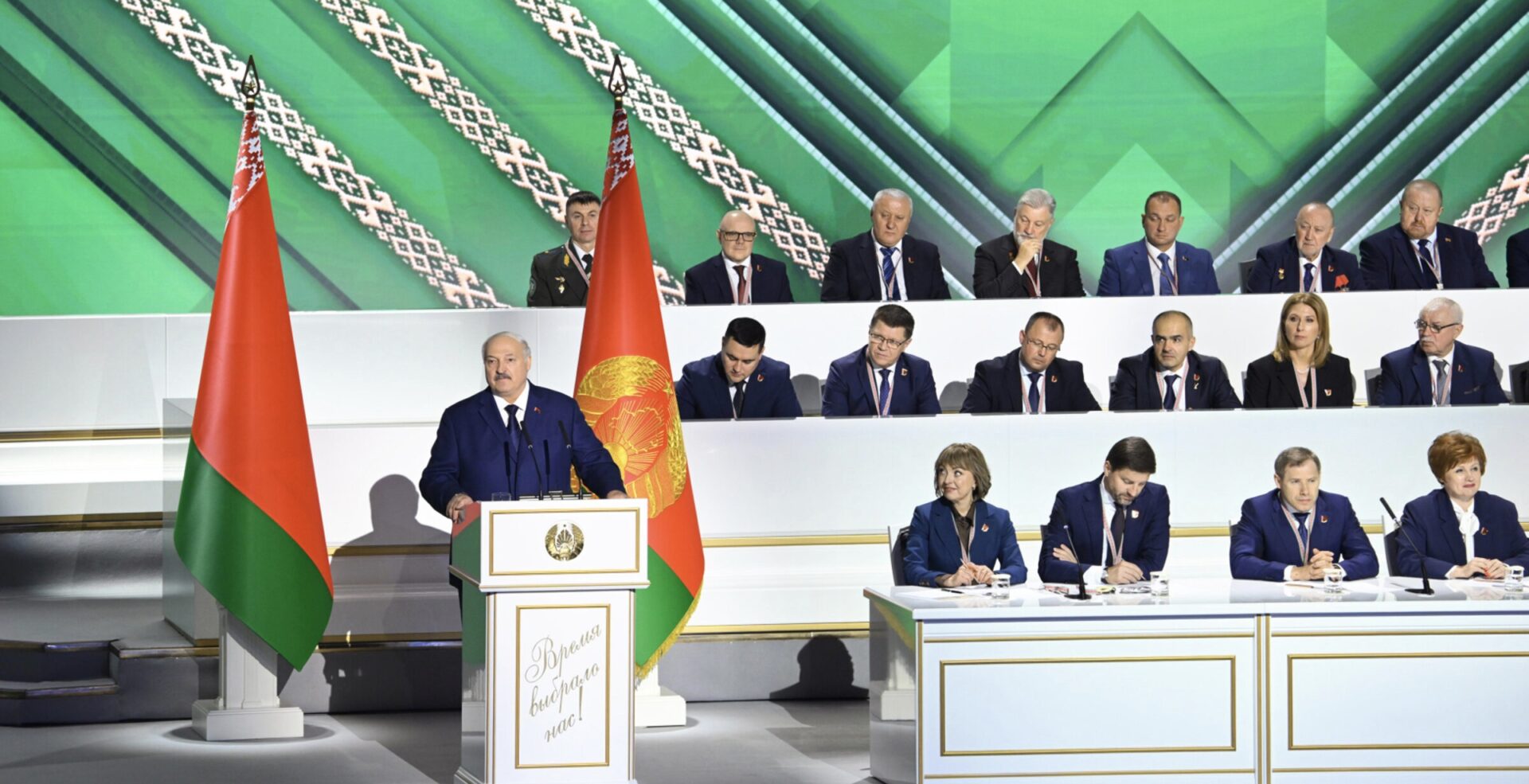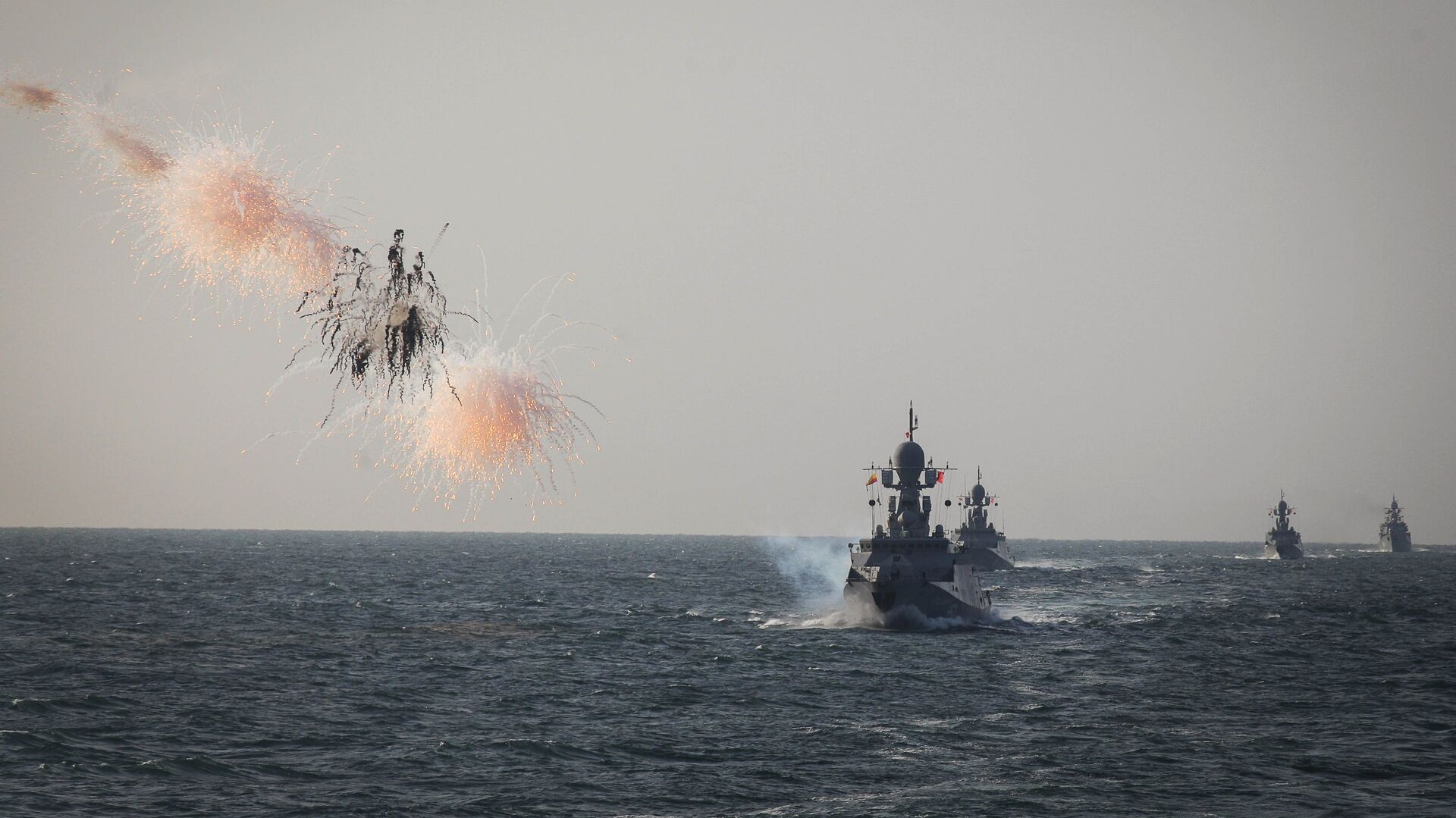
Opposition Party’s Report on Russia’s Syria Campaign Costs Dismissed by Government
Opposition Party’s Report on Russia’s Syria Campaign Costs Dismissed by Government
In September 2015, embattled Syrian President Bashar al-Assad officially requested Russian assistance, citing the Treaty of Friendship and Cooperation signed by Syria and the USSR in 1980, with Russian President Vladimir Putin immediately agreeing, offering diplomatic, economic and military support that continues to the present day. Russian political opposition has recently begun to use the cost of this support as a political issue. On July 20, the Russian business journal Vedomosti published an analysis by the opposition Yabloko party, which put a price tag on Russia’s Syrian campaign. Yabloko estimated that Russia’s military intervention, which began in September 2015, cost 108–140.4 billion rubles ($1.83 billion–$2.38 billion) (Vedomosti, July 20). Seeking to bolster its credibility, Yabloko said that it used the same methodology as the RBC news website did for its March 2016 estimate. The Russian ministry of defense’s push-back was immediate; the same day that the Vedomosti article appeared, Major-General Igor Konashenkov, Chief of the Directorate of Media Service and Information of the Ministry of Defense, told reporters, “We shall once again have to disappoint all the former and future failed accountants and analysis of military spending. The expenditure on the operation of the Russian Aerospace Forces in the Syrian Arab Republic does not exceed the Russian Defense Ministry’s budget for routine combat and operational training of the troops” (Moskovskii Komsomolets, July 20, 2017). The ministry of defense did not provide its own statistics to counter those in the report.
The Yabloko report highlighted the paucity of official government data on the cost of Russia’s intervention in Syria. In the absence of official pronouncements about the cost, Russian and foreign journalists were largely forced to rely upon non-Russian sources, which in turn were utilized by the Russian media. Two months after the deployment began, on October 20, 2015, The Moscow Times published an analytical article utilizing data it commissioned from a British defense publisher (The Moscow Times, October 20, 2015). When the newspaper requested operational cost data on Syria from the ministry of defense, it received no reply. Britain’s respected The Economist magazine followed the same model, adding that Vasily Kashin from the Moscow-based Center for Analysis of Strategies and Technologies estimated the annual costs of Russian intervention in Syria at $1 billion to $2 billion annually (The Economist, October 30, 2015).
The Syrian campaign has been Russia’s first military operation beyond the boundaries of the former USSR since the end of the Cold War. The Russian government has not been completely silent on the cost of its Syrian operations, but the information released thus far has been sparse, episodic and incomplete, and according to Western analysts, an underestimation of the actual expenses. The first official pronouncement by a senior Russian official occurred almost two months after The Moscow Times article appeared—when, on December 9, Russian Prime Minister Dmitry Medvedev called the defense ministry’s expenditures on Syria “a secret,” but added that they were within the ministry’s budget (TASS, December 9, 2015).
Subsequently, in March 2016, during a meeting with Russian Civil Air Corps officers, Russian President Vladimir Putin reported that the first six months of the military operation in Syria cost 33 billion rubles ($464 million) (RT, March 17, 2016). Analyzing the expenses involved in the deployment, the commander-in-chief noted that while the operation required certain expenses, “the bulk of them—about 33 billion rubles—was already contained in the budget of the ministry of defense…for training exercises and combat training.” Putin added that these funds were simply “redirected” before concluding that “no one has come up with a more effective way of preparing and honing skills than real fighting” (Moskovskii Komsomolets, March 17, 2016).
Until the appearance of the Yabloko analysis and the subsequent response by the ministry of defense, the comments of Medvedev and Putin remained the sole official remarks on the cost of Russia’s Syrian operations. Even as the Russian ministry of defense remains reticent to disclose operational costs, the Syrian deployment has provided it with a number of benefits; it has allowed Russia to test new equipment in battle and given its soldiers operational experience that would increase their operational battlefield capability. It has also boosted opportunities for Russian armaments and exports, as it has provided a vivid demonstration of Russian military equipment for prospective overseas customers.
That the Yabloko party had a political agenda behind the release of its statistical report is evident in the choice of wording, which includes such phrases as “meaningless operation” and “senseless, bloody and costly operation” (Yabloko.ru, July 20). Behind Yabloko’s release of its Syrian report is its anti-war “Time to return home” campaign, conducted in 40 regions of the country. Yabloko argues that the money wasted in Syria should be redirected to developing the national economy, infrastructure, medicine, education, and to increase pensions and social benefits. The campaign, which began on June 19, has managed to collect more than 50,000 signatures (Press Statement, Yabloko party, July 17).
While Russia intervened in Syria in September 2015 to help al-Assad and quell the armed unrest against his regime, many elements of which had foreign financial and logistical assistance, the campaign’s larger strategic benefits for Russia included curbing US influence in the Middle East while projecting increased Russian military power into the volatile region to a historically unprecedented degree. As the Russian armed forces signed in January a 49-year lease with Syria, giving the navy use of the port of Tartus and the air force use of Hmeymim air base, queries about the cost of Russia’s military operations in Syria will likely grow with time.


